Stratégies collectives et contextualisées pour promouvoir une production agricole résiliente et durable dans les zones rurales méditerranéennes
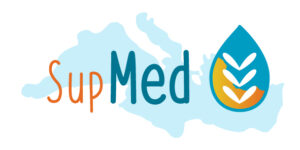
Réduire d’une façon structurelle et durable la surexploitation des ressources hydriques et à améliorer le revenu des ménages agricoles au Liban et en Egypte dans un contexte de changement climatique.
Proposer, mettre en œuvre et évaluer des initiatives intégrées, agronomiques et socio-économiques, basées sur l’agroécologie afin de réduire la dépendance à l’eau de chacun des territoires. Ces initiatives seront concertées avec les acteurs et adaptées au contexte des deux territoires ciblés: la Plaine de Beqaa au Liban et le Gouvernorat de Louxor en Egypte.
SupMed vise l’adhésion d’au moins 400 agriculteurs par territoire à une charte volontaire pour la mise en œuvre de stratégies d’adaptation basées sur des pratiques agroécologiques.
Au niveau institutionnel, le projet contribuera à renforcer et mieux structurer, en termes de conseil agricole, le partenariat public-privé au niveau des deux pays.
Il s’agit principalement de capitaliser autour de cette expérience de partenariat et de formuler des recommandations pour les prochaines politiques agricoles. Ce travail de capitalisation sera d’autant plus important que le projet contribuera (au moins partiellement) à l’élaboration des prochaines politiques agricoles nationale (Liban) et régionale (Egypte).
En savoir plus
Source de financement
- Fond Français pour l’Environnement Mondial
- Plan Vert (Ministère de l’Agriculture), Liban
- Executive Agency for the Comprehensive Development Projects, ministère de l’agriculture (EACDP), Egypte
- CIHEAM Montpellier, France
- Egyptian Association for Sustainable Development de Louxor (EASD), Egypte
- Centre Agricole privé de Hermel (FSC), Liban
Programme et contacts
- Anne Cobacho, Chargée d’études CIHEAM Montpellier, cobacho@iamm.fr
- Hatem Belhouchette, Enseignant-chercheur, CIHEAM Montpellier, belhouchette@iamm.fr
Partenaires
Le CIHEAM Montpellier: Institut Agronomique Méditerranéen de Montpellier, Coordinateur et co-financeur du projet, assure la maîtrise d’ouvrage et la coordination scientifique.
Partenaires Liban
- Le Plan Vert et le projet HASAD, cofinanceur et membre du comité de pilotage SupMed
- Le Centre Agricole Privé de Hermel, Maitrise d’œuvre du projet SupMed sur le terrain
- L’Union des municipalités de Baalbek-Hermel et l’Union des coopératives de Hermel, Membre du Comité d’appui du projet SupMed
- Le Ministère de l’Agriculture, Membre du comité d’appui SupMed
- La Faculté d’agronomie de l’Université libanaise (Département d’Économie Rural), Membre du comité d’appui SupMed
Partenaires Egypte
- Executive Agency for the Comprehensive Development Projects (EACDP), Cofinanceur et membre du comité de pilotage Supmed
- Egyptian Association for Sustainable Development (EASD), Maitrise d’œuvre du projet SupMed en Egypte
- Le Centre d’études de développement rural (Université du Caire, Faculté d’agronomie), Membre du Comité d’appui du projet SupMed
- Le Département de statistiques et de développement agricole et rural du Ministère de l’agriculture égyptien, Membre du comité d’appui SupMed


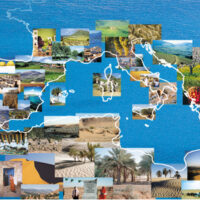 L'institut de MontpellierNotre vision est celle d’un bassin méditerranéen au sein duquel l’esprit de coopération prévaut.
L'institut de MontpellierNotre vision est celle d’un bassin méditerranéen au sein duquel l’esprit de coopération prévaut.
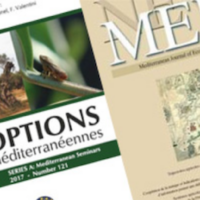 Publications du CIHEAMNos publications et outils de communication visent à faciliter les processus de prise de décision pour les acteurs politiques, économiques et agricoles de la région méditerranéenne.
Publications du CIHEAMNos publications et outils de communication visent à faciliter les processus de prise de décision pour les acteurs politiques, économiques et agricoles de la région méditerranéenne. Actualités et événements
Actualités et événements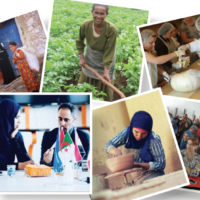 Revue de presse (Scoop.it)
Revue de presse (Scoop.it) Programmes de MasterLe CIHEAM Montpellier c’est à la fois un accompagnement personnalisé et une ouverture à l’international.
Programmes de MasterLe CIHEAM Montpellier c’est à la fois un accompagnement personnalisé et une ouverture à l’international.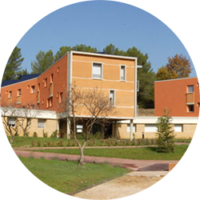 Campus & vie étudianteDepuis 1962 nous accueillons près de 95% d’étudiants internationaux.
Campus & vie étudianteDepuis 1962 nous accueillons près de 95% d’étudiants internationaux. Portail documentaireUn Centre de documentation unique sur la Méditerranée,
investi dans le partage des connaissances.
Portail documentaireUn Centre de documentation unique sur la Méditerranée,
investi dans le partage des connaissances. Production scientifiqueLa politique des publications du CIHEAM est depuis longtemps engagée dans le mouvement du libre accès et du partage des connaissances.
Production scientifiqueLa politique des publications du CIHEAM est depuis longtemps engagée dans le mouvement du libre accès et du partage des connaissances. Devenir partenairesTisser des partenariats fait partie de l’ADN du CIHEAM Montpellier... Rejoignez ses projets ou ses formations, soutenez ses actions.
Devenir partenairesTisser des partenariats fait partie de l’ADN du CIHEAM Montpellier... Rejoignez ses projets ou ses formations, soutenez ses actions.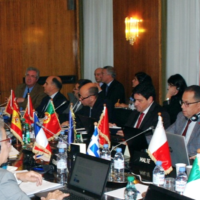 Réunions ministériellesA travers les Ministérielles , le CIHEAM contribue à la construction d'un dialogue entre les pays méditerranéens autour des questions relatives à l'agriculture et au monde rural.
Réunions ministériellesA travers les Ministérielles , le CIHEAM contribue à la construction d'un dialogue entre les pays méditerranéens autour des questions relatives à l'agriculture et au monde rural.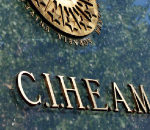
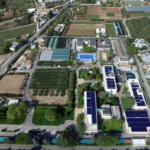
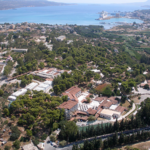
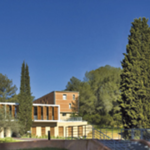
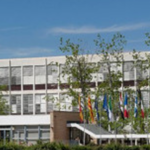
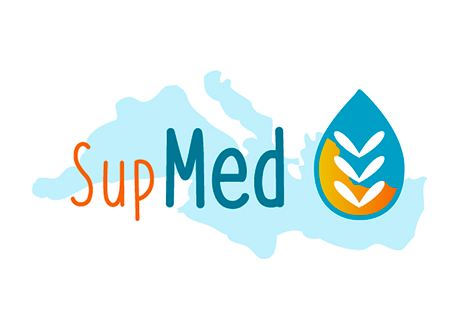
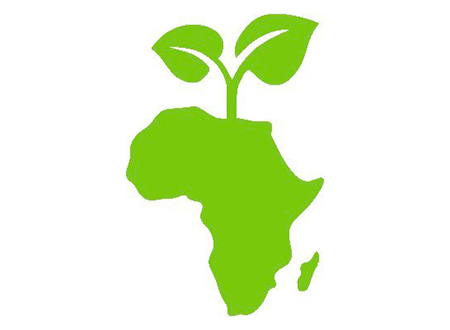


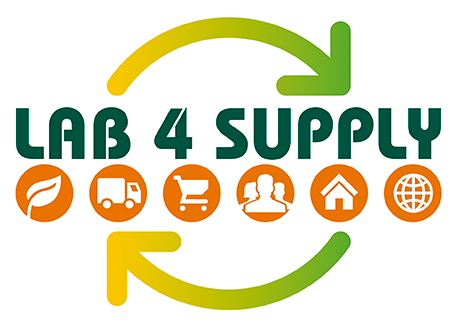
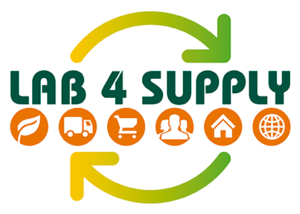
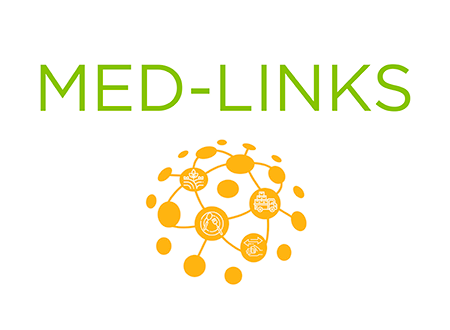

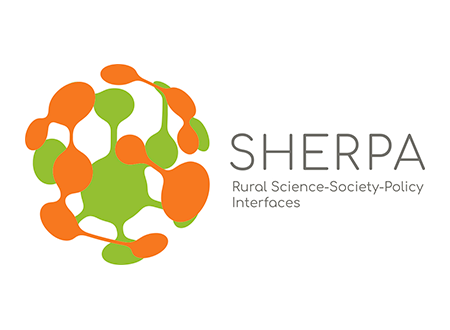
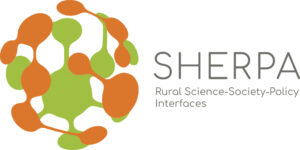
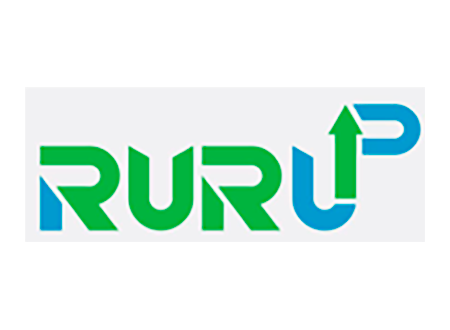
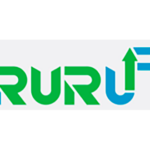 RUR’UP est un projet international de coopération entre établissements d’enseignement supérieur, organisations intergouvernementales et d’autres acteurs locaux responsables du développement rural. Il est financé par l’UE à travers de son Programme Erasmus+. Entre octobre 2020 et septembre 2022, RUR’UP identifiera et développera des actions et formations innovantes pour le développement durable des zones rurales, de montagne et d’autres zones périphériques (zones à Haute Valeur Naturelle – HVN), et soutiendra les démarches collaboratives entre les acteurs de terrain et les institutions de formation. Ainsi, les organismes d’enseignement supérieur produiront et partageront des outils pédagogiques innovants permettant de mener des activités d’apprentissage spécifiquement ciblées sur ces zones spécifiques.
RUR’UP est un projet international de coopération entre établissements d’enseignement supérieur, organisations intergouvernementales et d’autres acteurs locaux responsables du développement rural. Il est financé par l’UE à travers de son Programme Erasmus+. Entre octobre 2020 et septembre 2022, RUR’UP identifiera et développera des actions et formations innovantes pour le développement durable des zones rurales, de montagne et d’autres zones périphériques (zones à Haute Valeur Naturelle – HVN), et soutiendra les démarches collaboratives entre les acteurs de terrain et les institutions de formation. Ainsi, les organismes d’enseignement supérieur produiront et partageront des outils pédagogiques innovants permettant de mener des activités d’apprentissage spécifiquement ciblées sur ces zones spécifiques.